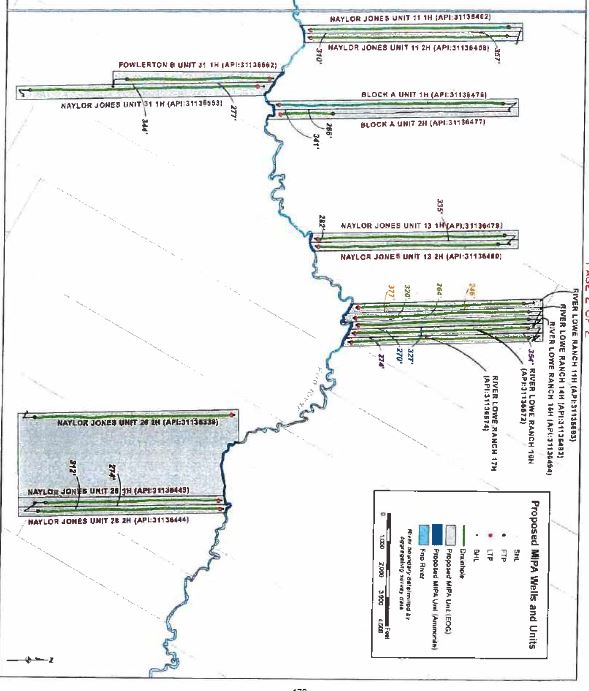The Amarillo Court of Appeals recently decided PBEX II, LLC, et al. v. Dorchester Minerals, L.P. et al., addressing an interesting issue on adverse possession of a non-operating working interest. One justice dissented.
The Court’s opinion relies on two Texas Supreme Court decisions that were controversial: Natural Gas Pipeline co. of America v. Pool, 124 S.W.3d 188 (Tex. 2003) and BP America Production Co. v. Marshall, 342 S.W.3d 59 (Tex. 2010) Pool held, to everyone’s surprise, that an operator could adversely possess or revive an oil and gas lease that had expired by continuing to operate and pay royalties on production. Marshall held that an operator’s continued payment of royalty on an expired lease “establish[ed] as a matter of law that [the mineral owner] was on notice that [the operator] claimed to own the leasehold ….”
In Dorchester, Torch was the owner of a 25% interest in an oil and gas lease covering a section of land in Midland County. Torch was party to an operating agreement under which it was a non-operating working interest owner. In 1990 Torch signed an assignment to Dorchester’s predecessors which Torch later claimed erroneously included its working interest in the lease. But from 1990 to 2016 Dorchester and its predecessors participated as working interest owners in the lease, paying their share of costs and receiving their share of revenues, in effect claiming to own Torch’s working interest.
 Oil and Gas Lawyer Blog
Oil and Gas Lawyer Blog


